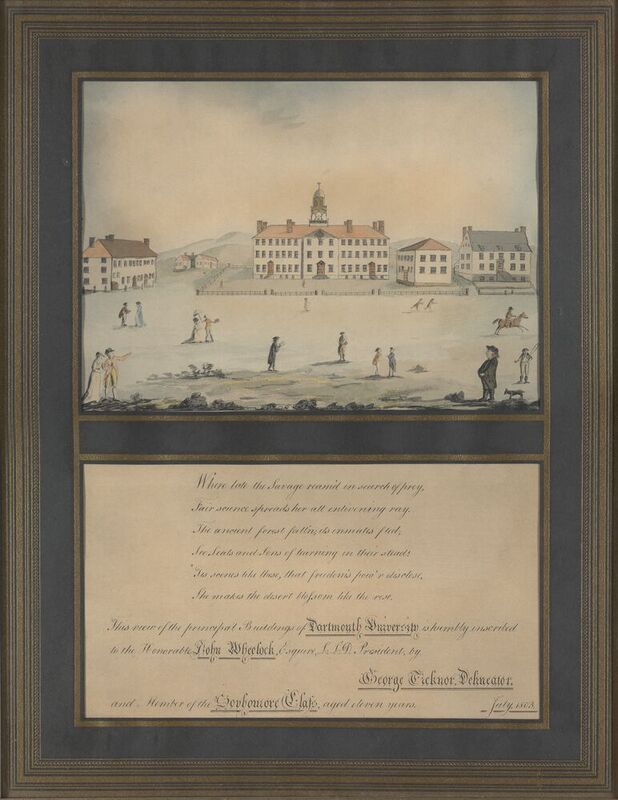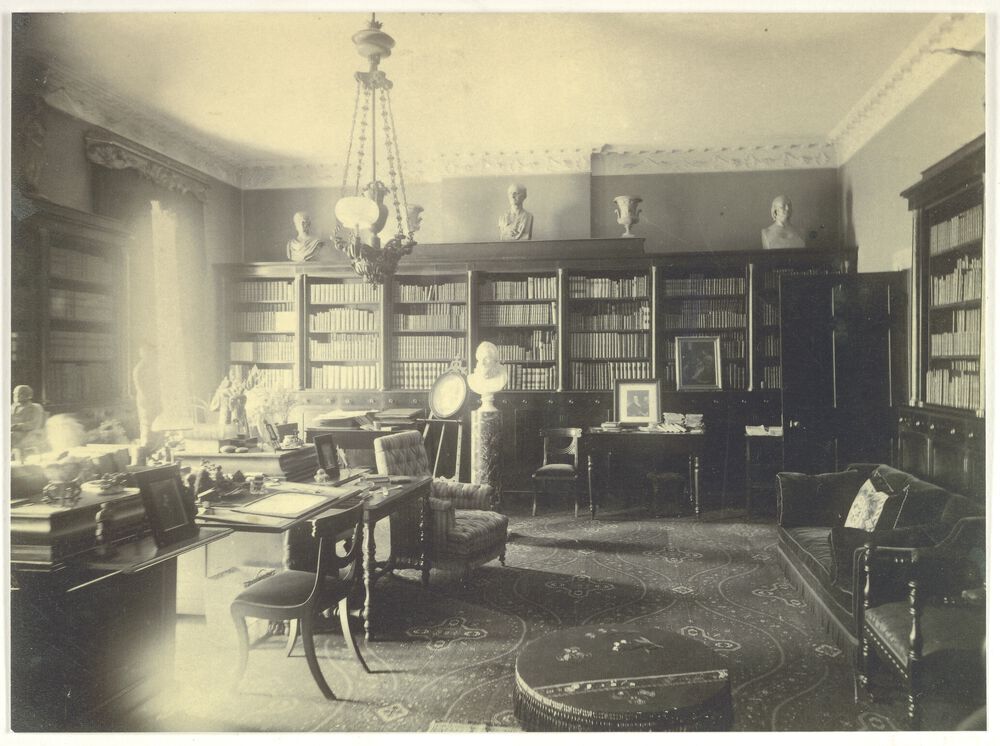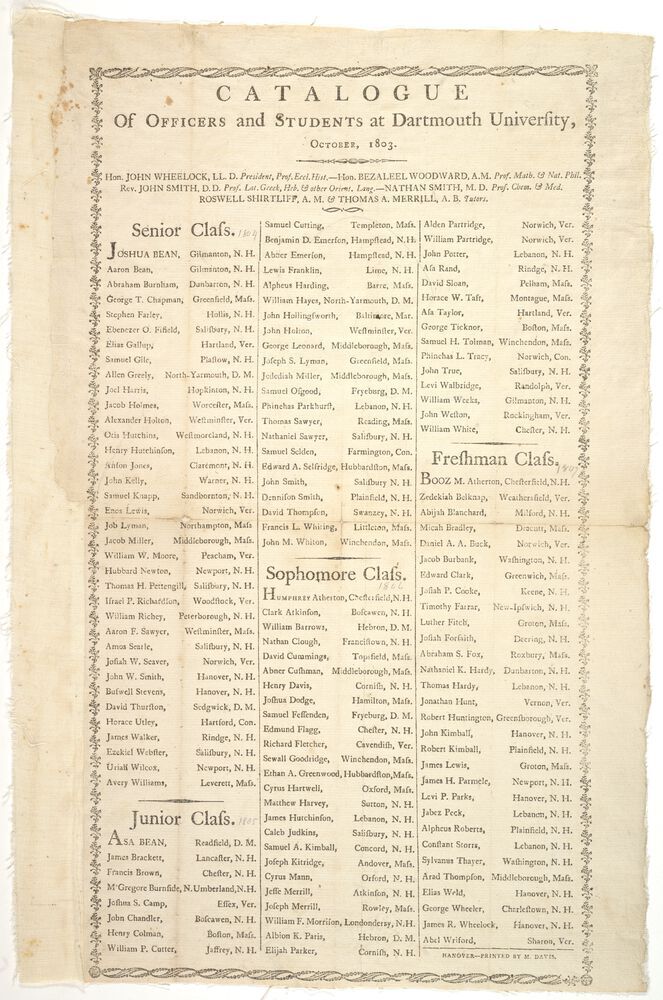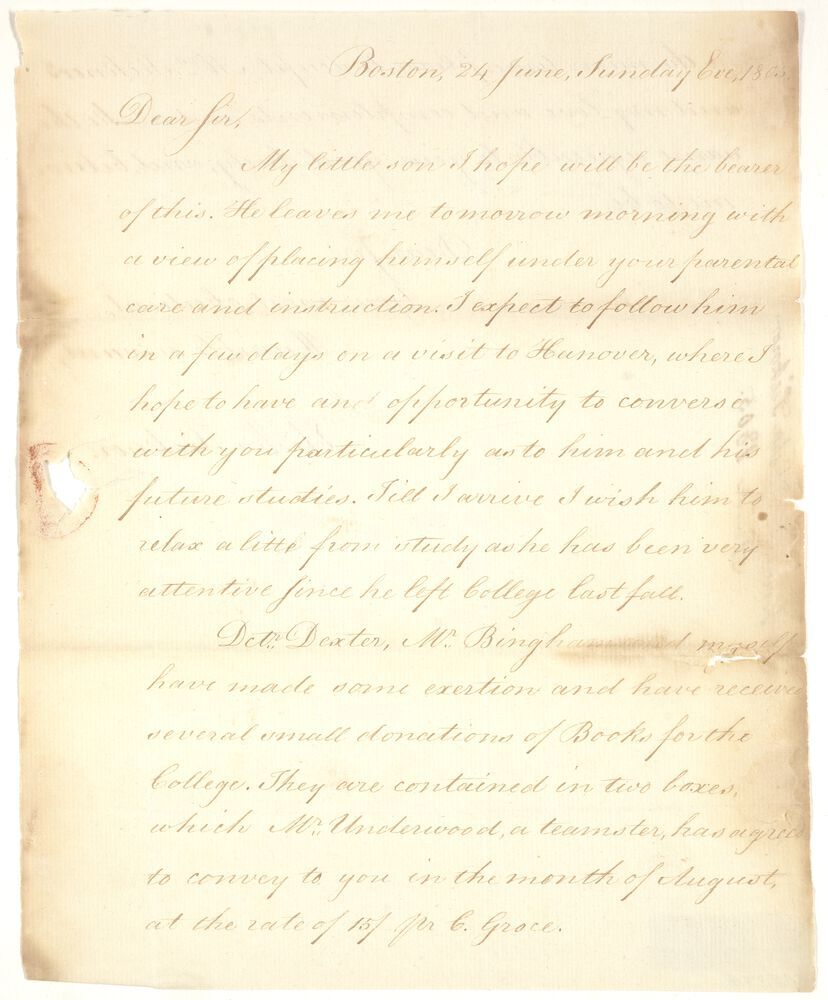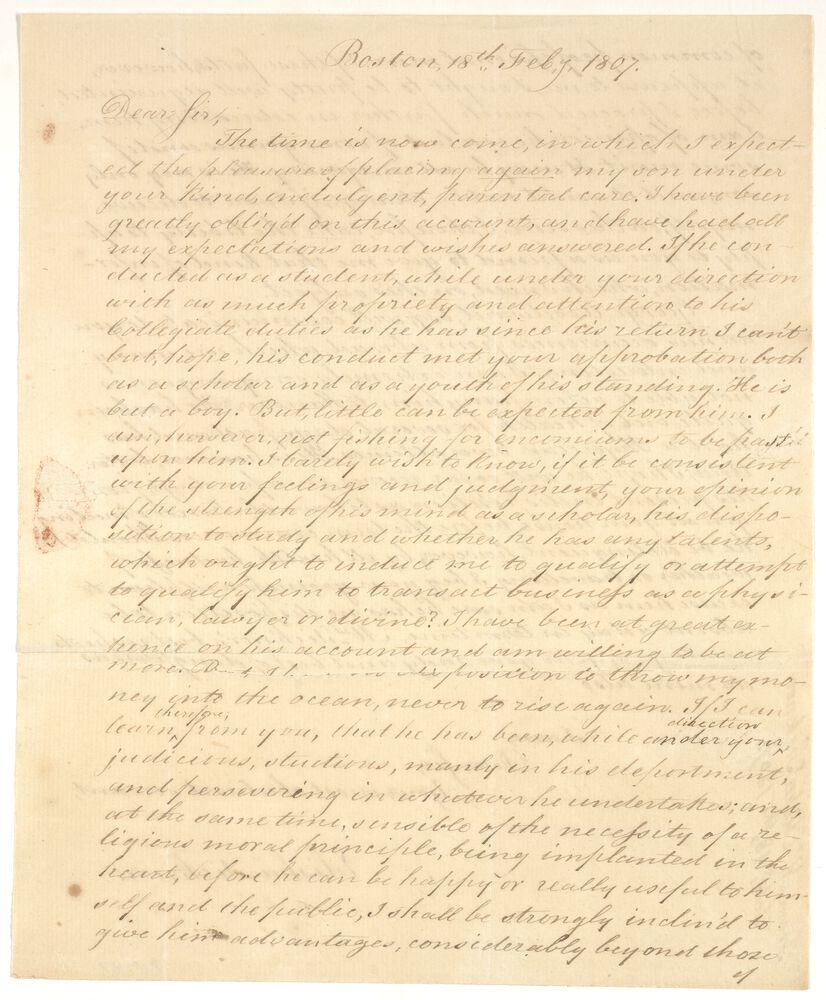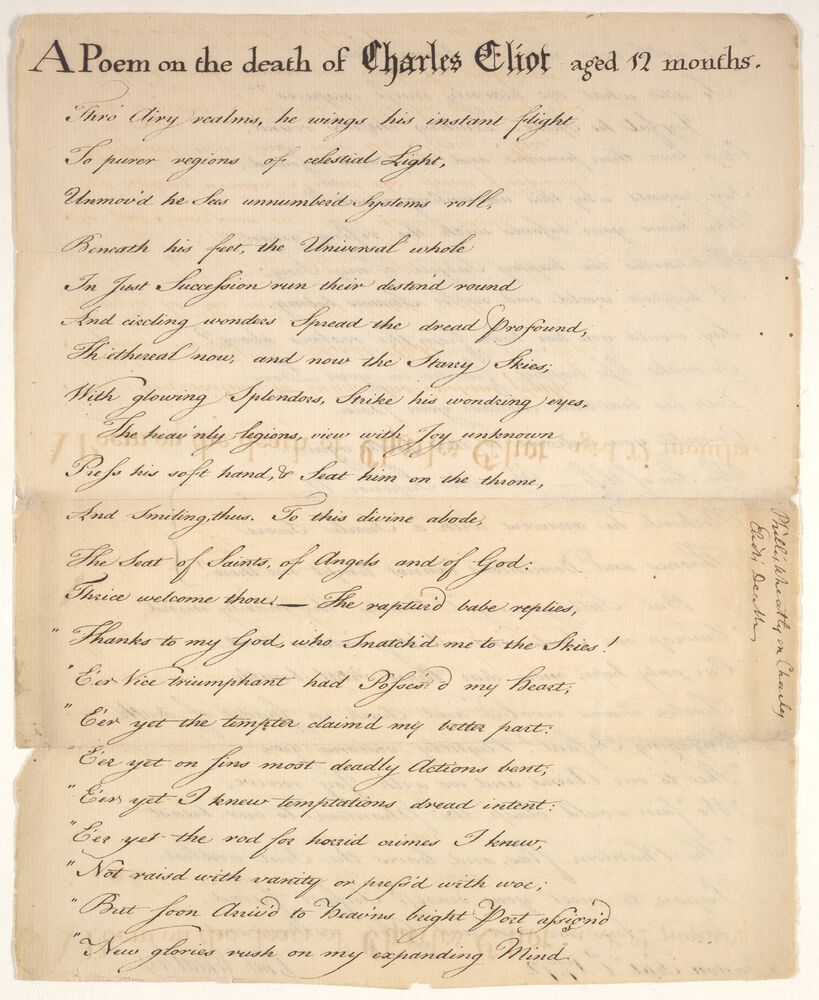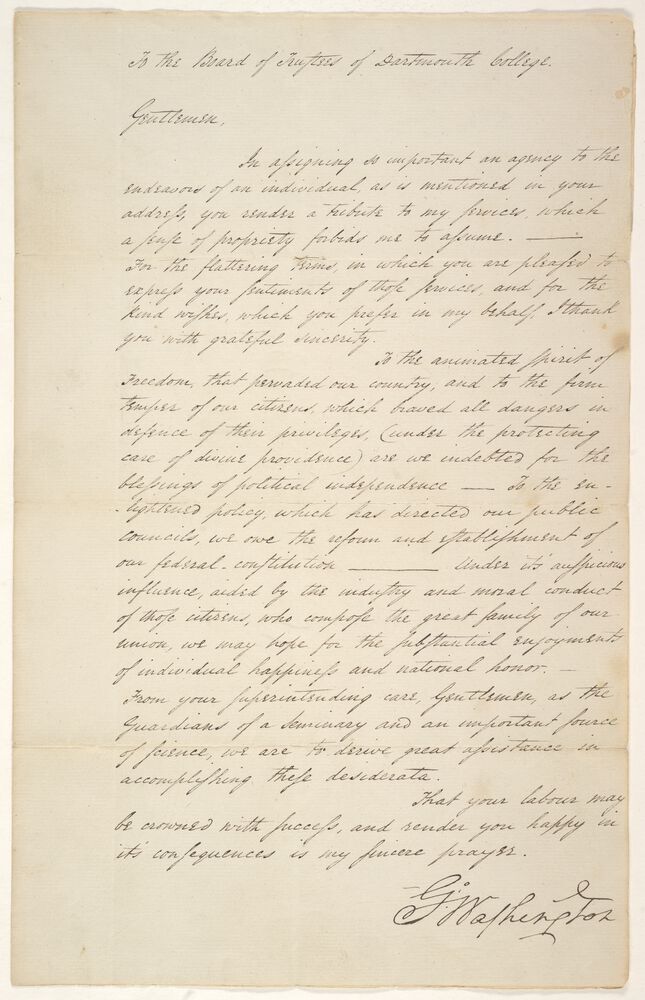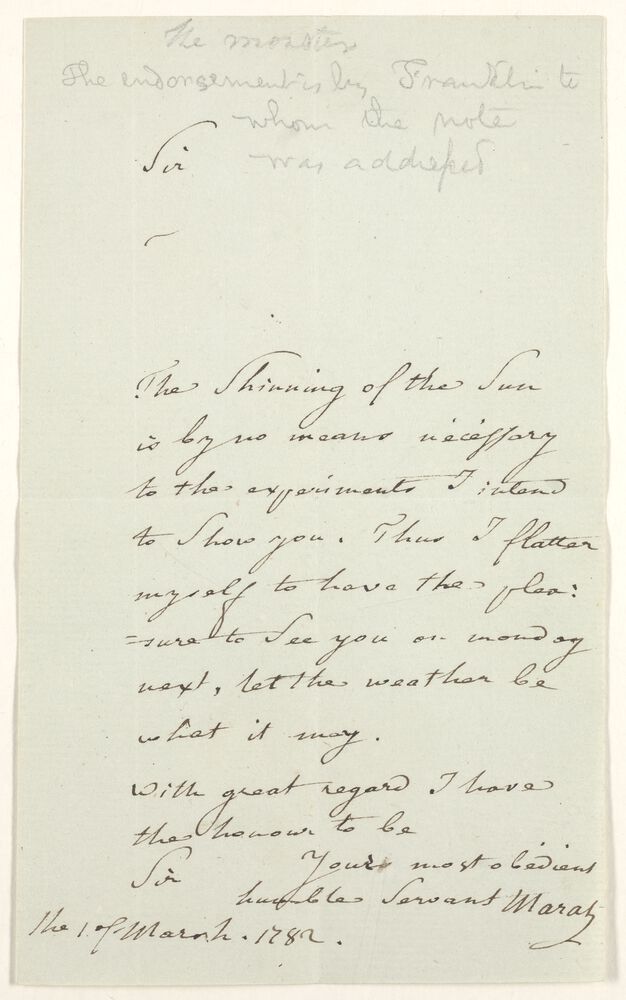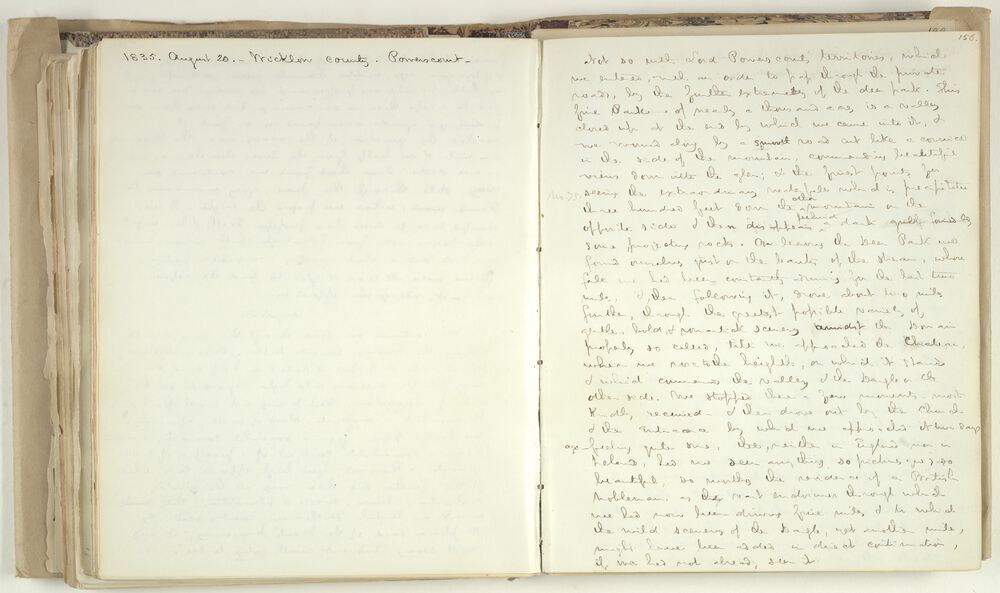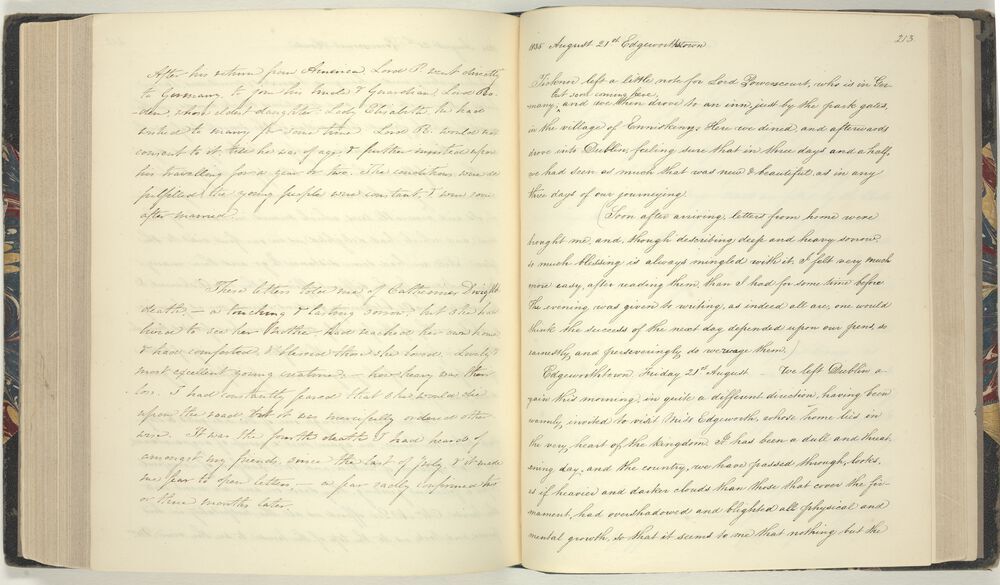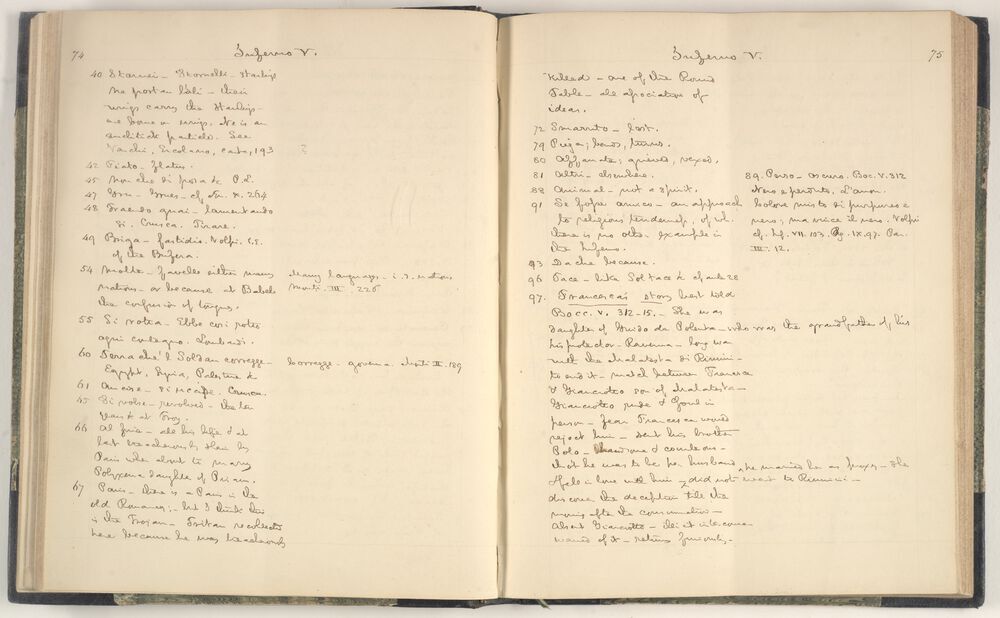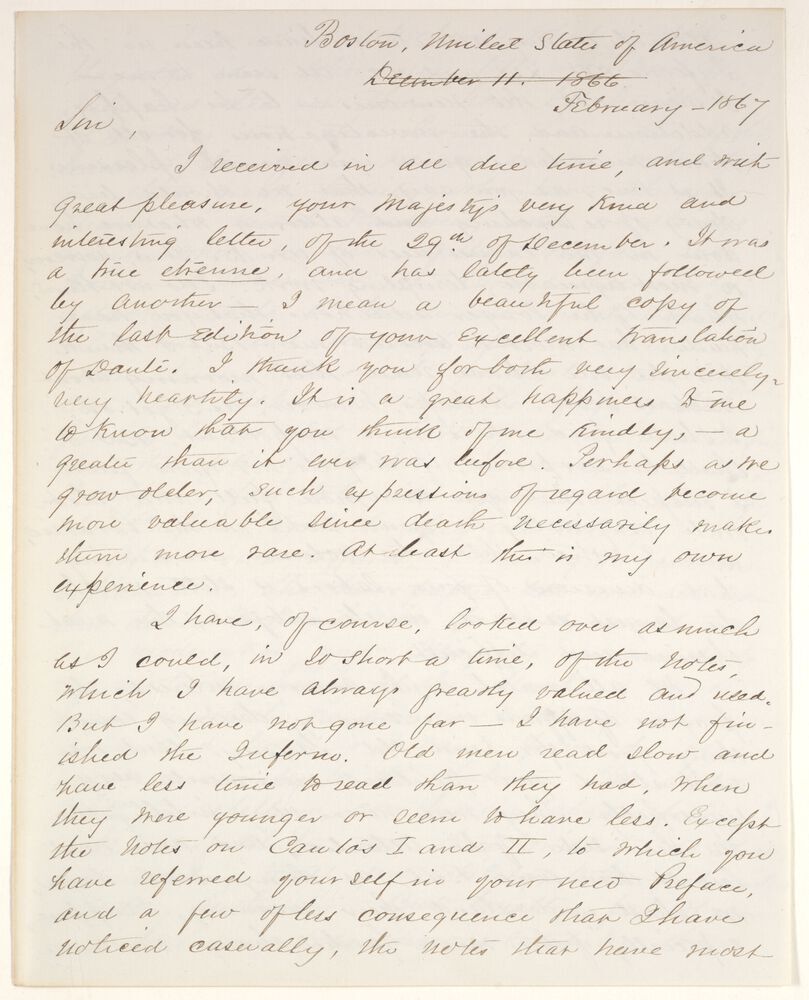Student, Collector, Traveler, Scholar
George Ticknor, Dartmouth Class of 1807, embodied the nineteenth-century concept of a "gentleman of letters." After Dartmouth, he studied law, then moved into his real love, language and literature. He became the first professor of modern languages at Harvard and revolutionized the teaching of modern languages and literatures in the United States.
He traveled extensively in Europe, first in 1815-19 to complete his education, again in the mid-1830s with his wife Anna Eliot Ticknor, and a final trip in the 1850s. Empowered by Anna's considerable fortune, the two traveled in style. They reveled in the history and culture of Europe while being suspicious of the entrenched political and social powers that held sway. They were, after all, Americans, and thoroughly invested in the great experiment of a democratic republic. Perhaps most famous for authoring the first history of Spanish literature and being one of the original organizers of the Boston Public Library, he, along with Anna, maintained an active literary salon and amassed a phenomenal personal library, a significant portion of which came to the Dartmouth Library in 1946 and is currently housed in Rauner Special Collections Library.
Ticknor as Student
George Ticknor's father, Elisha Ticknor, grew up on a farm in Lebanon, New Hampshire, and attended Dartmouth in its very early years. After moving to Boston, the proud graduate of the class of 1783 sent his precocious son to Dartmouth. George passed Dartmouth's entrance exam and entered Dartmouth in 1803, when he was just 11 years old.
Ticknor the Collector
Not only did Ticknor amass an impressive private library, he also collected manuscripts and autographs. A highlight of his collection is a poem by Phyllis Wheatley in her own hand, written when she was still enslaved by the Wheatley family in Boston. Also included in his manuscript collection was a letter written by George Washington to the Trustees of Dartmouth College shortly after he assumed the Presidency and a letter from Jean-Paul Marat to Benjamin Franklin.
World Travelers
Among the fascinating artifacts of the Ticknors' travels are their diaries. Both George and Anna kept diaries. Because they often visited the same place on the same day, we have both a male and female assessment of the same event. We can read both George and Anna's accounts of their visit to the novelist Maria Edgeworth.
The Scholar at Home
Ticknor gained international fame for his scholarly work. You can view his notes on Dante's Divine Comedy alongside his letter to King Johann of Saxony concerning his translation of Dante into German.

